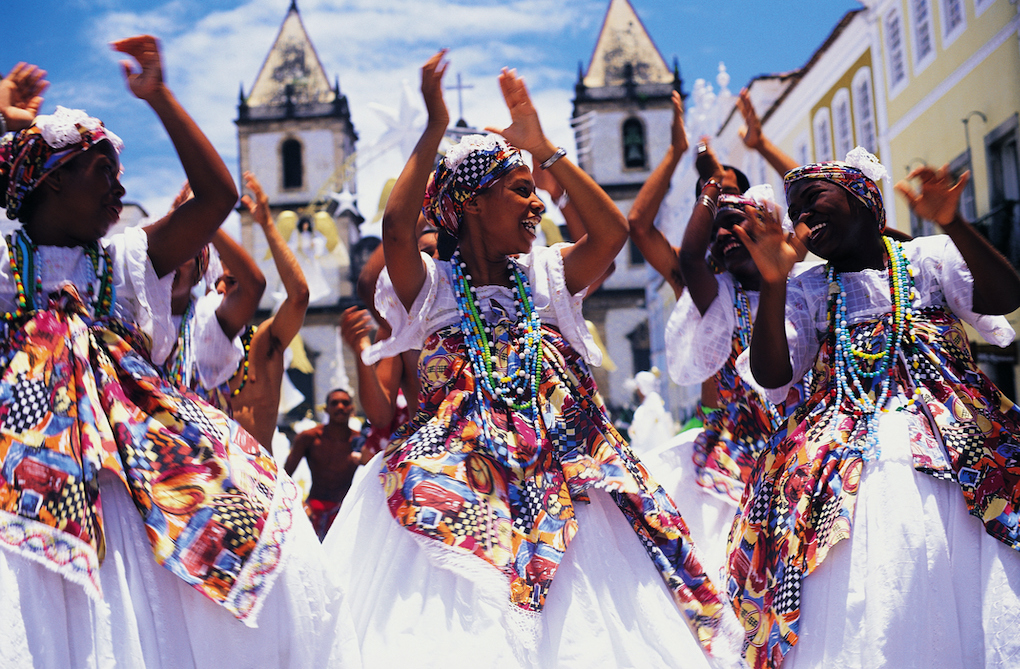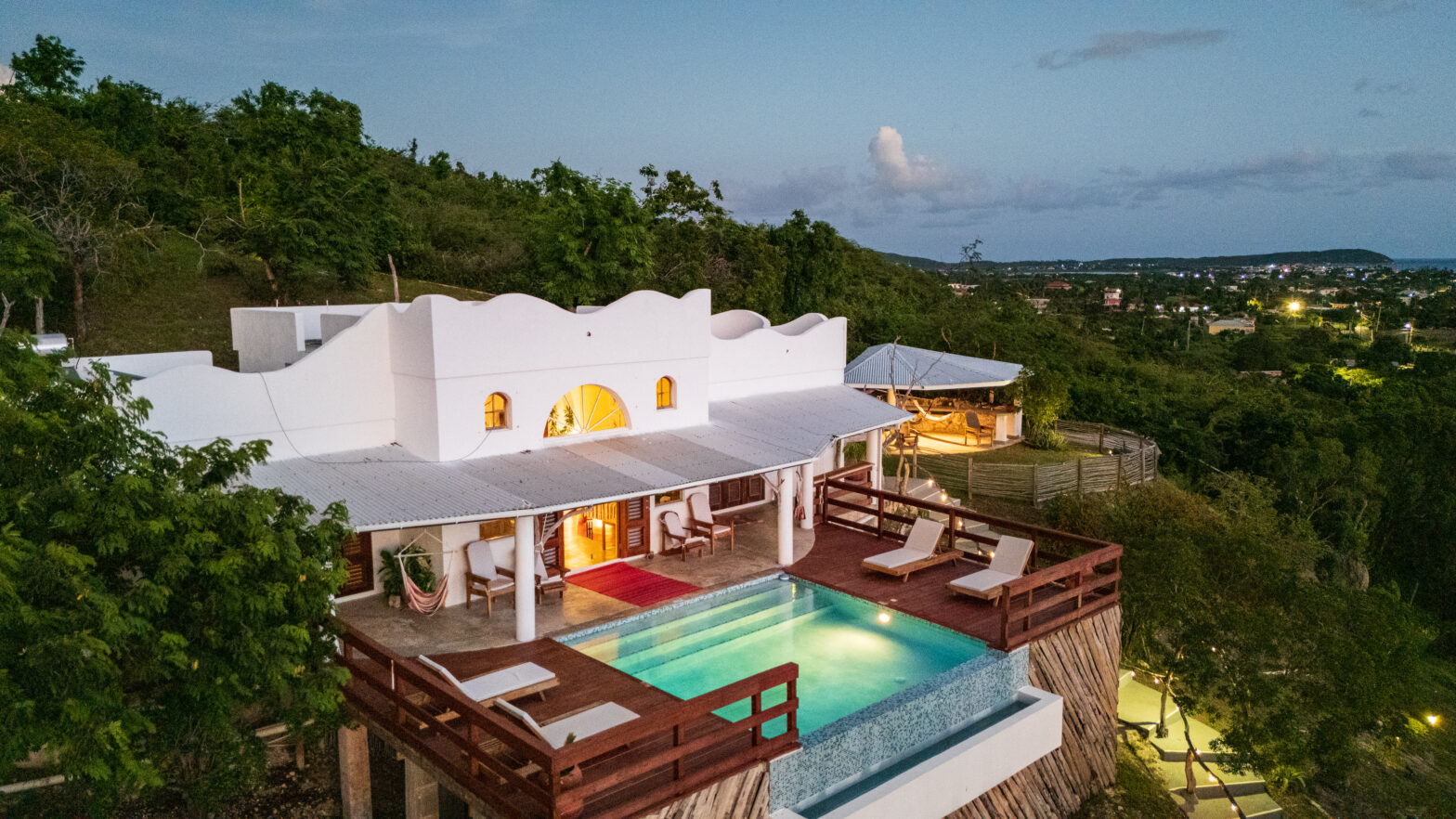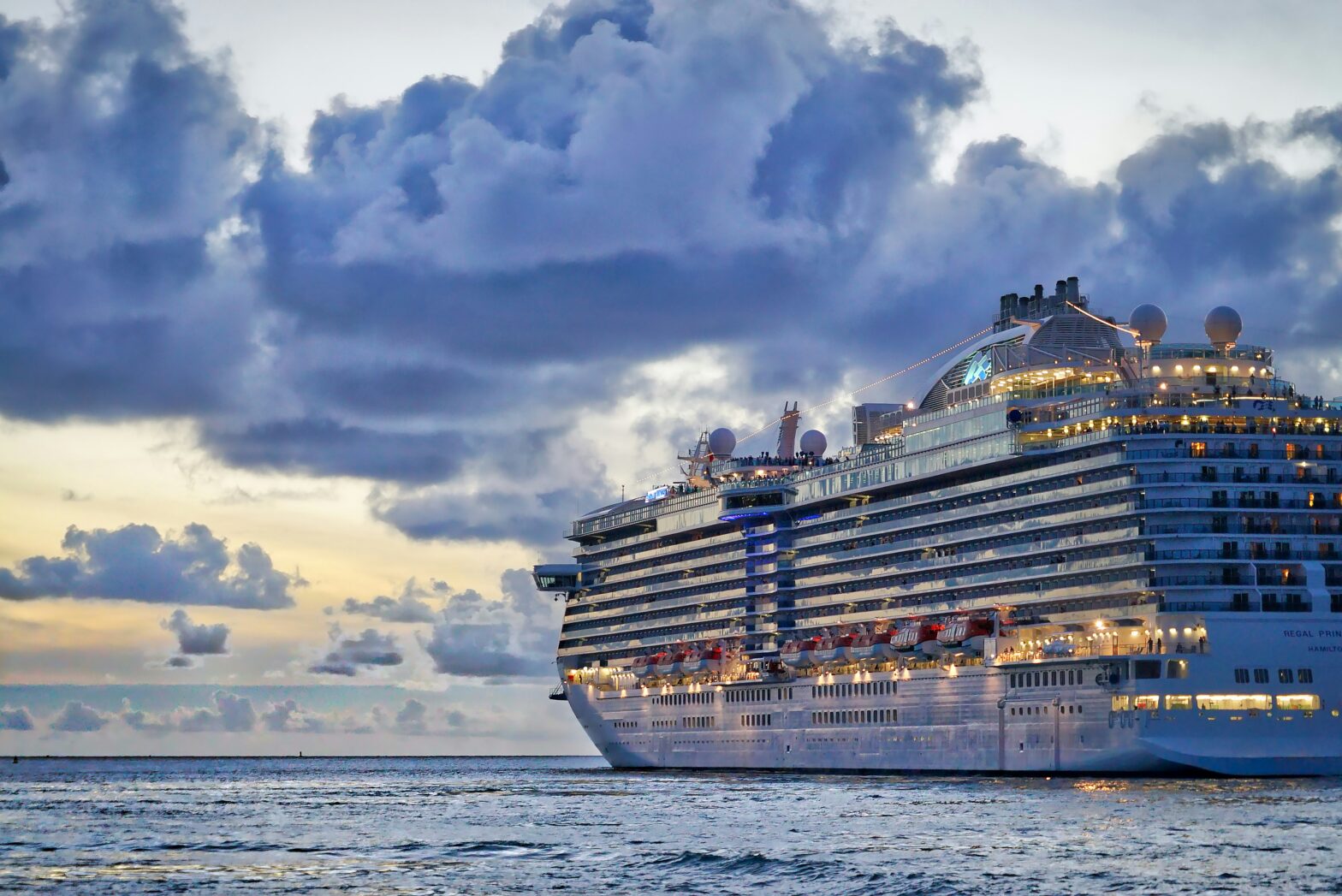Nganga Nzumbi, also known as Ganga Zumba, is widely known as the African royal who escaped slavery and created a kingdom of his own in Brazil.
He was the first leader of the massive runaway slave settlement Quilombo dos Palmares during the late 17th Century.
Historians believe Ganga was the son of Princess Aqualtune, the daughter of an unknown king in Kongo. The princess led a battalion at the Battle of Mbwila but ultimately the Portuguese won the battle. The Portuguese killed at least 5,000 men who captured the king, his family, court officials, titleholders, more than 400 other nobles who were put on ships and sold as slaves in the Americas.
Ganga Zumba was among the captives with his mother, sister, and mother. They were sent to Santa Rita Plantation in northeast Brazil.
He later escaped to Palmares with his family. The village became known as a mocambo or a refuge of runaway slaves who were forcibly brought to Brazil. As the mocambo grew in size, they created separate settlements. At some point, the ten separate settlements joined together to form Quilombo dos Palmares.
Ganga was elected by the leaders as king over the alliance. He ruled over the largest village, Cerro dos Macacos, which ultimately became the governance place.
Historians note that by the 1670s, the royal had a palace, three wives, armed guards, and devoted subjects at his royal compound called Macaco.
The compound consisted of 1,500 houses for his family, guards, and officials. All of them were considered royalty.
In 1678, Ganga reportedly accepted a peace treaty offered by the Portuguese Governor of Pernambuco, which required that the Palmarinos relocate.
The treaty was challenged by Zumbi, one of Ganga’s nephews, who led a revolt against him. History buffs say Ganga was poisoned for entering into a treaty with the Portuguese and many of his followers moved to the Cucaú Valley, a place that was eventually taken back over by the Portuguese, so many of the followers were re-enslaved.
In 1963, the Brazilian film Ganga Zumba was released on Ganga’s life. The film was technically not released until nearly a decade later because there was a military coup in Brazil in 1964. At that time, films about revolutions, even those taking place in the 17th century, were considered politically dangerous.





